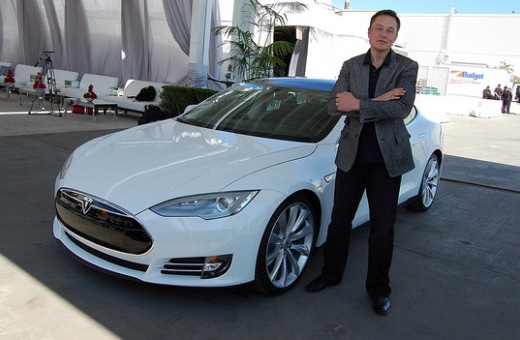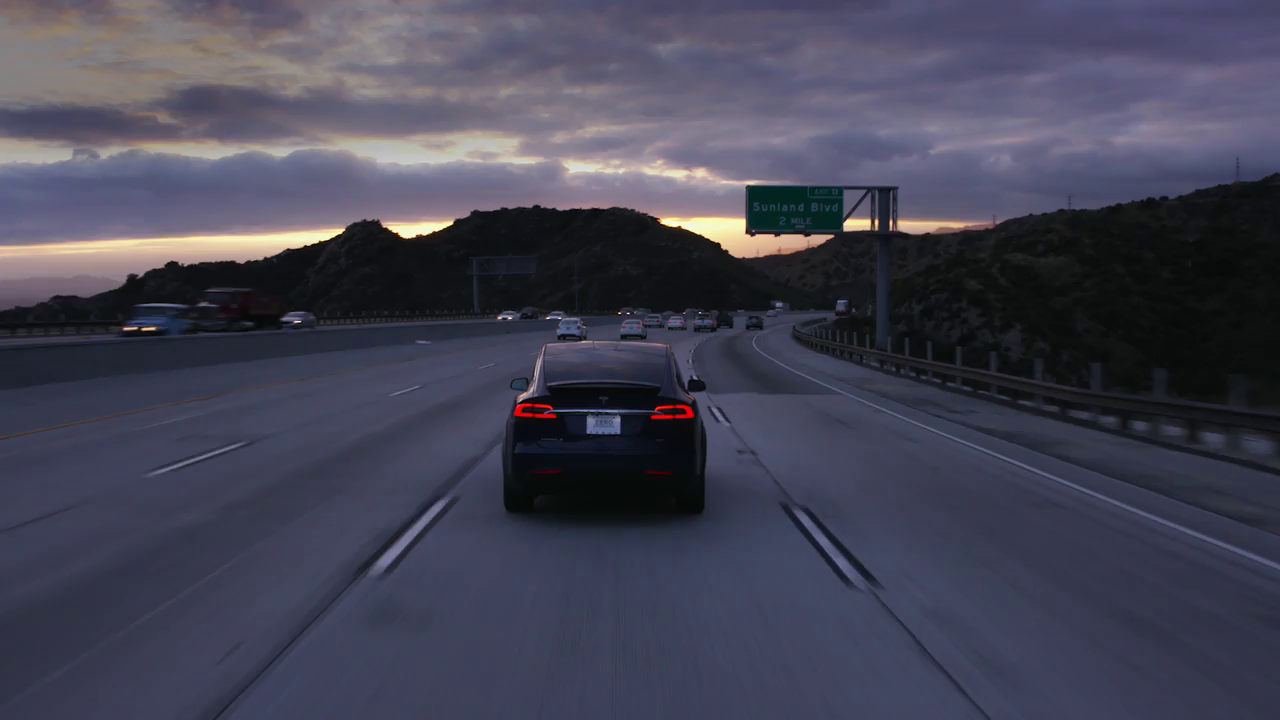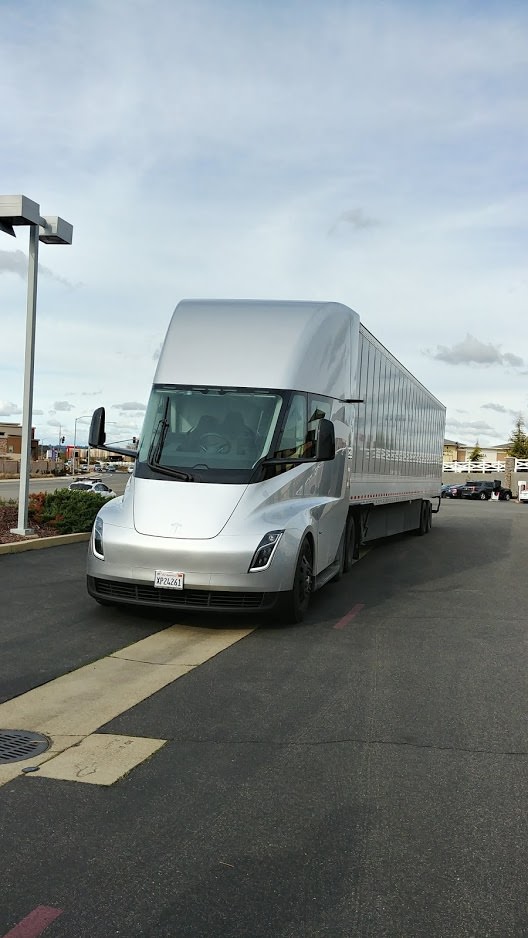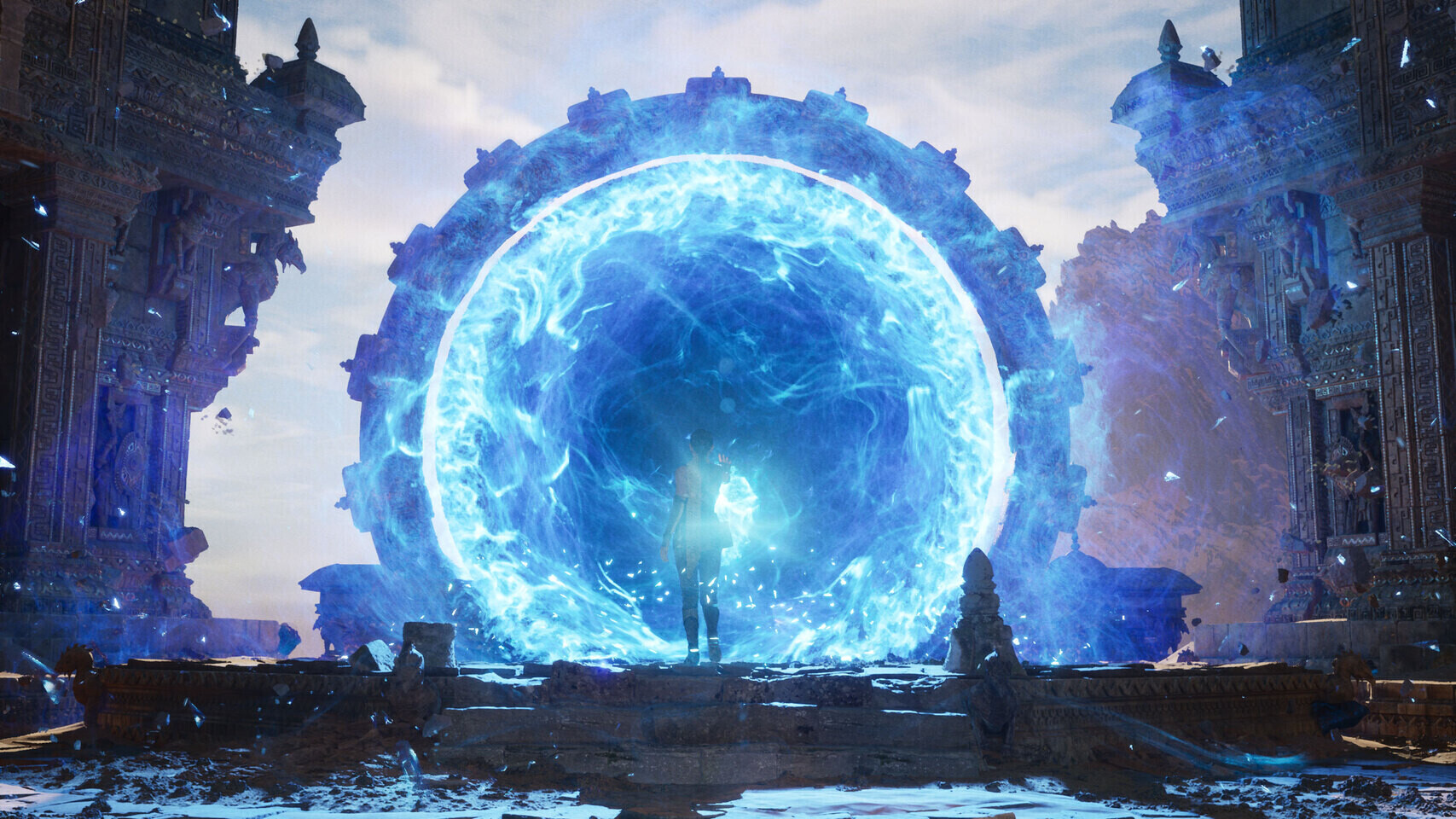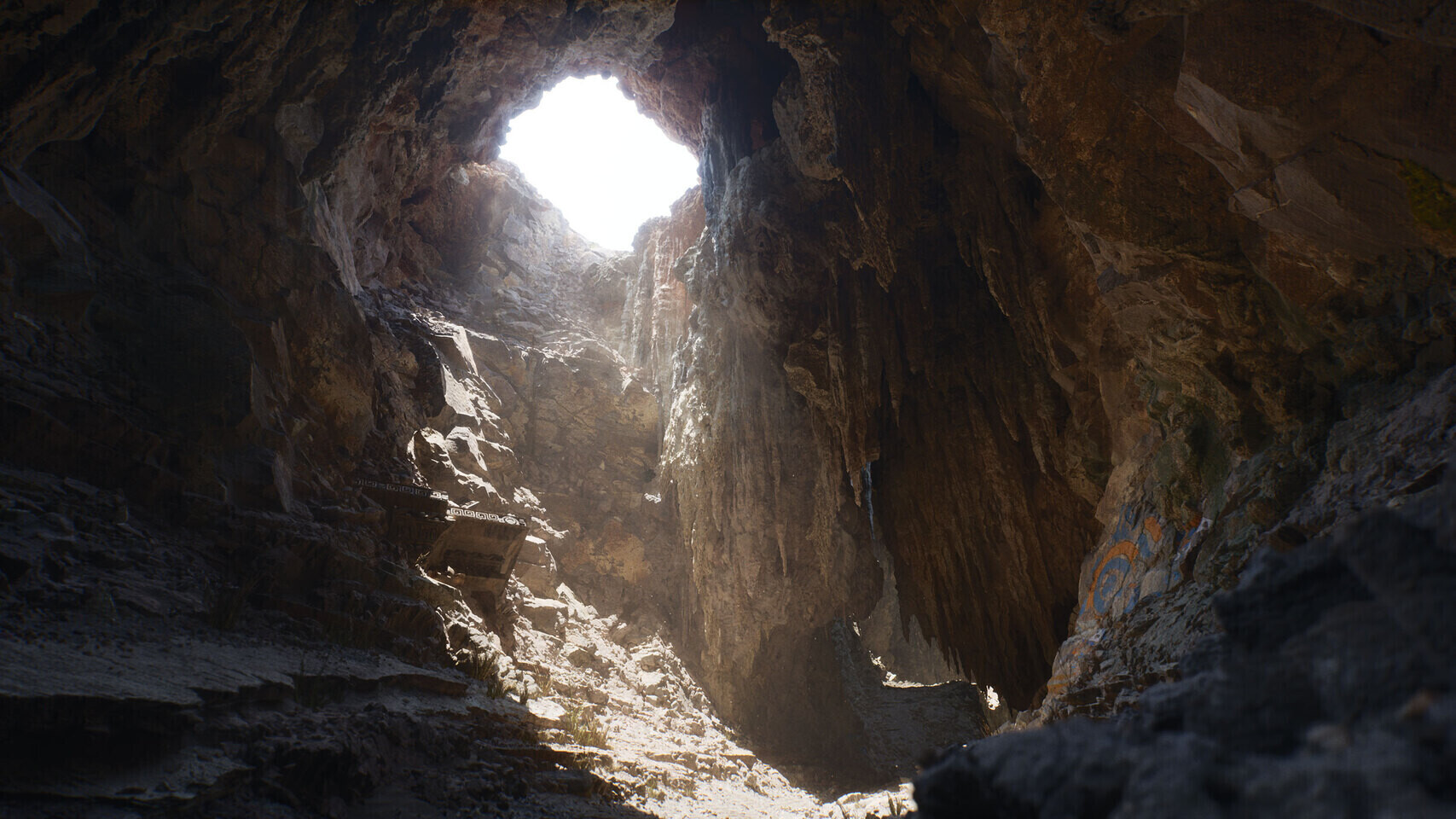Welcome to our daily column, where we recap the biggest (and not only) IT and tech stories that happened in the last 24 hours that we feel you should know about.
It could be interest you
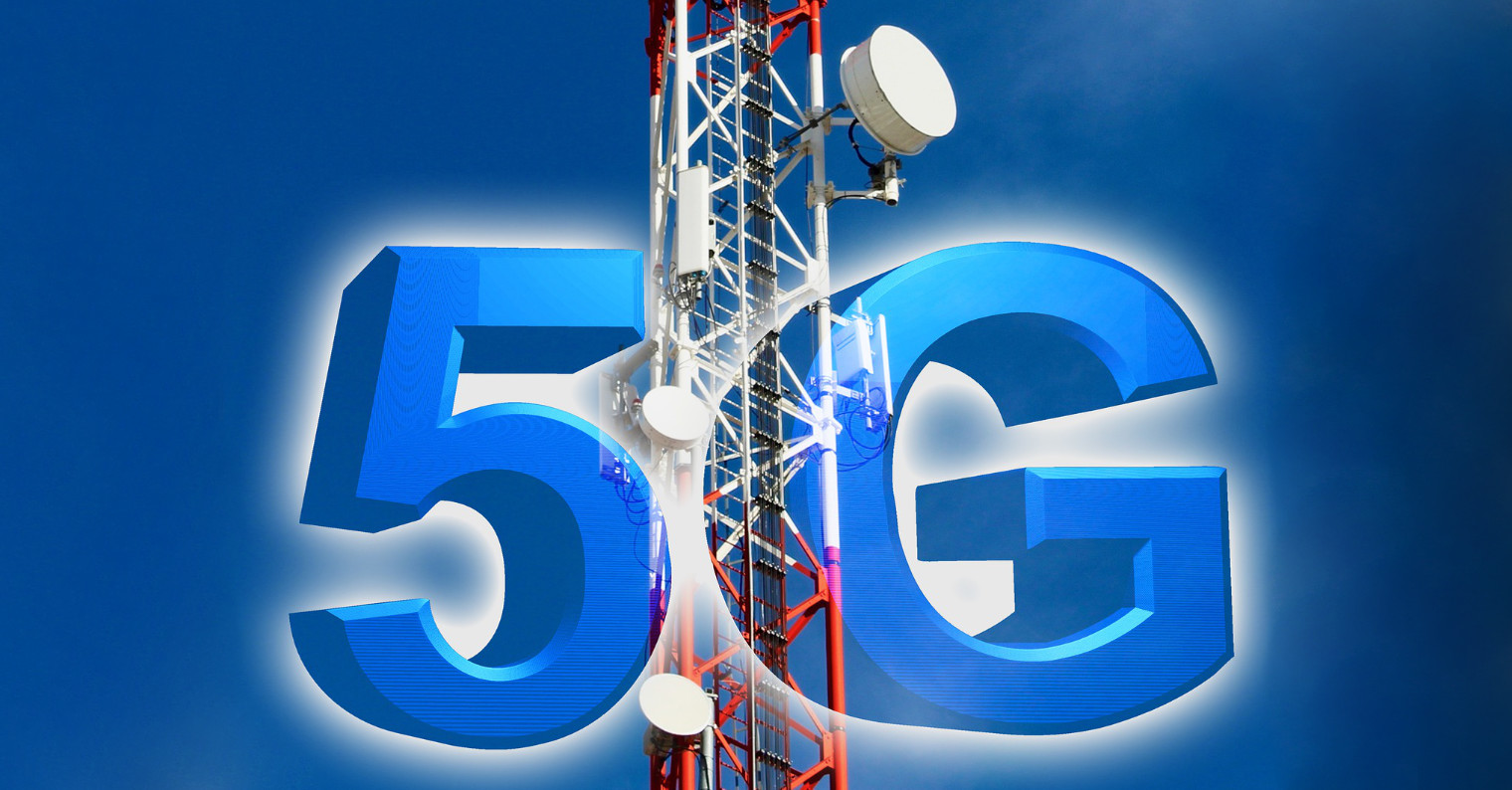
Tesla plans to build a new factory in Texas, most likely in Austin
In recent weeks, the head of Tesla, Elon Musk, has repeatedly (publicly) lashed out at officials in Alameda County, California, who have banned the automaker from restarting production, despite the gradual easing of safety measures in connection with the coronavirus pandemic. As part of this shootout (which also took place in a big way on Twitter), Musk threatened several times that Tesla could easily withdraw from California to states that offer him far more favorable conditions for doing business. Now it seems that this plan was not just an empty threat, but is very close to actual implementation. As reported by the Electrek server, Tesla apparently really chose Texas, or metropolitan area around Austin.
According to foreign information, it has not yet been determined exactly where Tesla's new factory will eventually be built. According to sources familiar with the progress of the negotiations, Musk wants to start building the new factory as soon as possible, with the fact that its completion should be by the end of this year at the latest. By then, the first finished Model Ys to be assembled in this complex should leave the factory. For the Tesla car company, this would be another large construction that will be implemented this year. Since last year, the automaker has been building a new production hall near Berlin, with the cost of building it estimated to be in excess of $4 billion. A factory in Austin would certainly not be cheaper. However, other American media came up with information that Musk is considering some other locations around the city of Tulsa, in Oklahoma. However, Elon Musk himself is more commercially tied to Texas, where SpaceX is based, for example, so this option is more likely to be considered.
The Unreal Engine 5 tech demo presented last week has very high hardware requirements
Last week, Epic Games presented a tech demo of their new Unreal Engine 5. In addition to brand new graphics, it also demonstrated the performance of the upcoming PS5 console, as the entire demo was rendered on this console in real time. Today, information has surfaced on the web about what the actual hardware requirements of this playable demo are for the PC platform. According to the newly published information, the smooth gameplay of this demo requires a graphics card at least at the level of nVidia RTX 2070 SUPER, which is a card from the lower high-end segment that is normally sells for prices from 11 to 18 thousand crowns (depending on the selected version). This is a potentially indirect comparison of how powerful the graphics accelerator will actually appear in the upcoming PS5. The graphics part of the SoC in the PS5 should have a performance of 10,3 TFLOPS, while the RTX 2070 SUPER reaches around 9 TFLOPS (however, comparing the performance using TFLOPS is imprecise, due to the different architectures of the two chips). However, if this information is at least partially true, and the new consoles would really have graphics accelerators with the performance of the current high-end in the field of regular GPUs, the visual quality of the "next-gen" titles could really be worth it.
Facebook's acquisition of Giphy is under the scrutiny of US authorities
On Friday, a press release hit the web about Facebook buying Giphy (and all related services and products) for $400 million. As the name suggests, it is mainly dedicated to providing a platform for creating, storing and above all sharing popular GIFs. Giphy libraries are heavily integrated into the vast majority of the most popular communication apps, such as Slack, Twitter, Tinder, iMessage, Zoom and many others. The information about this acquisition was reacted to by American lawmakers (for one of both sides of the political spectrum), who do not like it at all, for several reasons.
According to Democratic and Republican senators, with this acquisition Facebook is primarily targeting huge user databases, i.e. information. American lawmakers do not take this lightly, especially because Facebook is being investigated on several fronts for possible corrupt practices in historic acquisitions and unfair competition against its competitors. In addition, Facebook has historically had several scandals with how the company handled the private data of its users. The acquisition of another huge database of user information (which Giphy's products actually are) only reminds of situations that have already taken place in the past (for example, the acquisition of Instagram, WhatsApp, etc.). Another potential problem is that the integration of Giphy's services is widely used by companies for which Facebook is a direct competitor, which can use this purchase to strengthen its position in the market.

Sources: Arstechnica, TPU, The Verge
